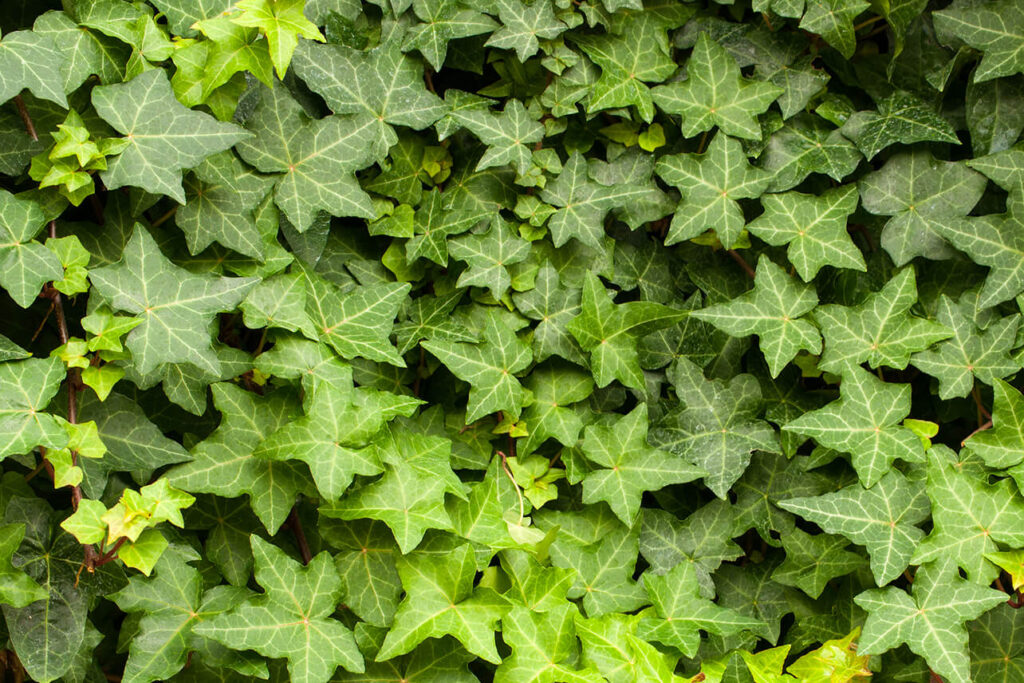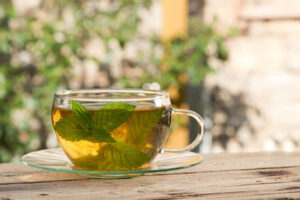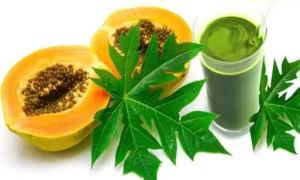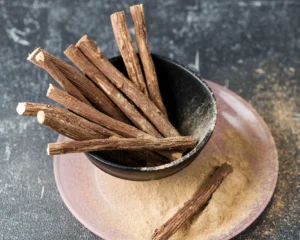Ivy

Ivy (Hedera helix), also known as English Ivy, is a common evergreen climbing plant known for its distinctive lobed leaves and ability to cover walls, trees, and ground surfaces. It is widely used for ornamental purposes, but it also holds significance in traditional medicine and cultural practices. Ivy is native to Europe, Western Asia, and North Africa, but it has been naturalized in many other regions around the world.
1. Size:
- Ivy can grow extensively, with its vines reaching lengths of up to 100 feet (30 meters) in ideal conditions. The plant is a vigorous climber and can spread rapidly both horizontally and vertically.
2. Color:
- The leaves of Ivy are typically dark green with lighter veins, though they can sometimes display variegation with yellow or white margins. The plant produces small, greenish-yellow flowers, followed by black or dark purple berries.
3. Texture:
- The leaves of Ivy are leathery and glossy, with a somewhat tough texture. The vines are woody and strong, enabling them to cling to surfaces as they grow.
4. Fragrance:
- Ivy itself does not have a strong fragrance, but when crushed, the leaves may release a slight, earthy scent. The flowers are also not particularly fragrant.
5. Uses:
- Ivy is widely used in landscaping for ground cover, wall climbing, and as a decorative plant in gardens and homes. Its ability to thrive in various conditions makes it a popular choice for creating green walls and covering unsightly structures.
- Ivy is often used in erosion control on slopes and embankments due to its extensive root system, which helps stabilize the soil.
- Ivy is known to be an effective air purifier, capable of removing certain pollutants from indoor environments, making it a popular choice for indoor plantings.
- In traditional herbal medicine, Ivy leaves have been used to treat respiratory conditions such as coughs, bronchitis, and asthma. The plant’s expectorant properties help in clearing mucus from the airways.
6. Habitat:
- Ivy thrives in a wide range of environments, from full sun to deep shade, and in various soil types. It is commonly found in forests, along roadsides, on walls, and in gardens. Ivy is adaptable and can grow in both temperate and subtropical climates.
7. Cultural and Spiritual Significance:
- Historically, Ivy has been a symbol of fidelity, friendship, and eternal life due to its evergreen nature and tenacity in clinging to surfaces. It was often used in wreaths and garlands in ancient Greece and Rome.
- In some cultures, Ivy was believed to protect against evil spirits and bad luck. It was often planted near homes to ward off negative energies and provide a protective barrier.
Spiritual Properties
- Healing and Renewal: Ivy is associated with healing and renewal, particularly in spiritual practices where it symbolizes resilience and the ability to thrive in challenging conditions. Its evergreen nature represents the eternal cycle of life and regeneration.
- Connection and Loyalty: Ivy’s clinging nature is seen as a symbol of connection, loyalty, and commitment, making it a plant of choice in rituals and ceremonies focused on relationships and partnerships.
Medicinal Properties
- Respiratory Health: Ivy leaves are traditionally used as an expectorant to relieve coughs, bronchitis, and other respiratory conditions. They help in clearing mucus and easing breathing.
- Anti-inflammatory: Ivy has anti-inflammatory properties that can help reduce swelling and irritation, particularly in the respiratory tract and skin.
- Antioxidant: The plant contains compounds with antioxidant properties, which help protect the body from free radicals and support overall health.
- Wound Healing: Ivy has been used topically to aid in the healing of wounds, sores, and skin irritations. It helps to soothe and protect damaged skin.
Allergic Reactions
Ivy can be dangerous if consumed, so it should not be ingested. It is primarily used for ornamental purposes and in certain medicinal applications, but must be handled with care.
- Skin Irritation: Handling Ivy can cause skin irritation or contact dermatitis in some individuals, particularly those with sensitive skin. It is advisable to wear gloves when handling the plant.
- Allergic Reaction: Some people may experience an allergic reaction to Ivy, including symptoms such as rash, itching, or swelling. It is important to discontinue use if any allergic reaction occurs.
- Gastrointestinal Distress: Ingesting Ivy, particularly the berries, can cause gastrointestinal distress, including nausea, vomiting, and diarrhea. The plant should not be consumed without proper guidance from a healthcare professional.
- Toxicity in Pets: Ivy is toxic to pets, especially dogs and cats. Ingesting the leaves or berries can lead to symptoms such as drooling, vomiting, and abdominal pain. Pet owners should be cautious and keep Ivy out of reach of animals.
- Headache: In rare cases, exposure to Ivy or its sap may cause headaches or dizziness. It is advisable to ensure good ventilation if using Ivy indoors.
- Fatigue: Some individuals may experience fatigue or drowsiness after using Ivy-based herbal remedies. Monitoring the body’s response and adjusting usage accordingly is recommended.

Chamomile & Peppermint Soothing Tea
Chamomile & Peppermint Soothing Tea This herbal tea is designed to calm the mind and body, making it perfect for a restful evening. Chamomile and

Papaya Leaf
Papaya Leaf Papaya Leaf (Carica papaya) comes from the tropical fruit tree known for its large, deeply lobed leaves. While the fruit of the papaya

Echinacea Purpurea Leaf
Echinacea Purpurea Leaf Echinacea Purpurea Leaf is a well-known herb valued for its immune-boosting properties and use in traditional medicine. It is commonly used to

White Peppercorn
White Peppercorn White Peppercorns are derived from the same plant as black pepper, Piper nigrum, but are processed differently. They are fully ripened berries that

Frankincense Powder
Frankincense Powder Frankincense Powder, derived from the resin of the Boswellia tree, is a revered substance with a long history of use in spiritual, medicinal,

Licorice Root
Licorice Root Licorice Root is a perennial herb renowned for its sweet flavor and numerous health benefits. It has been used in traditional medicine for